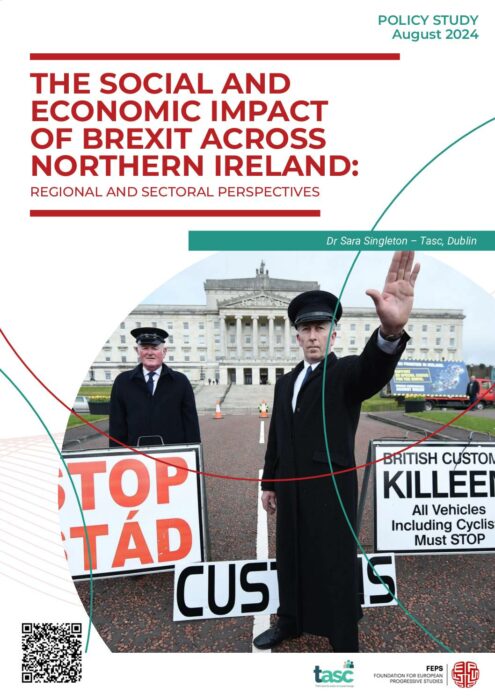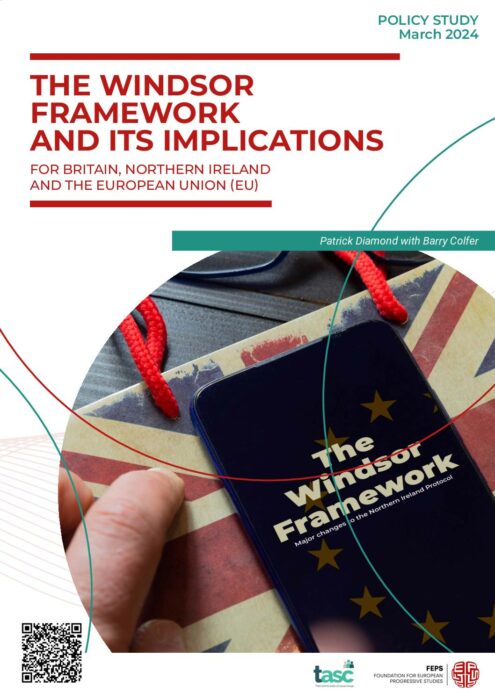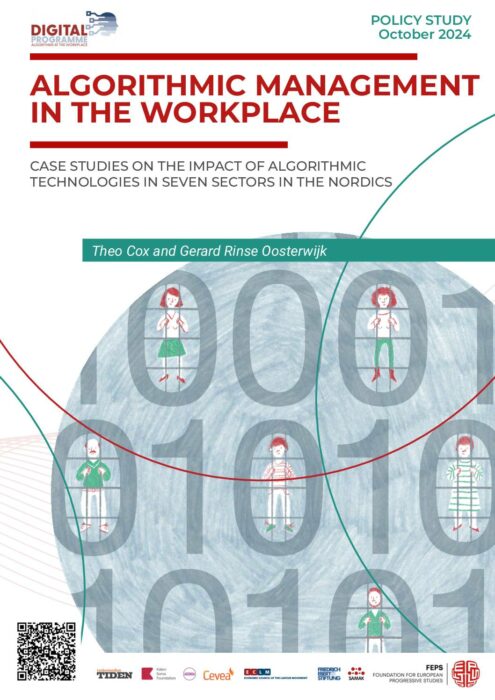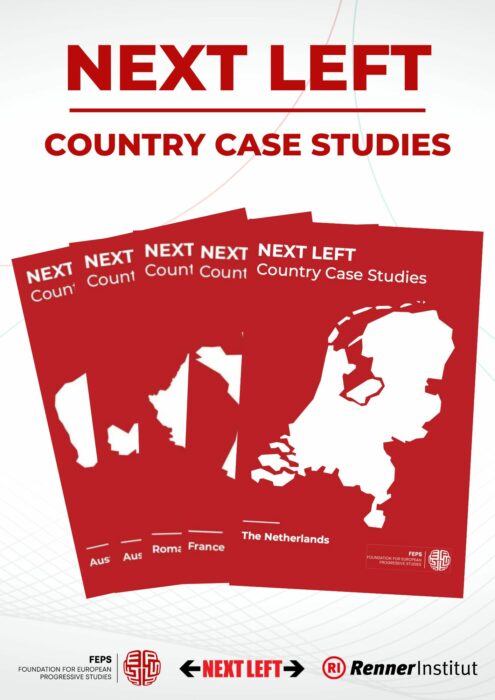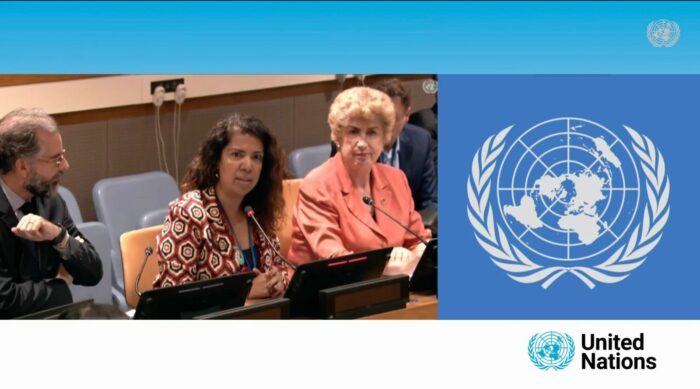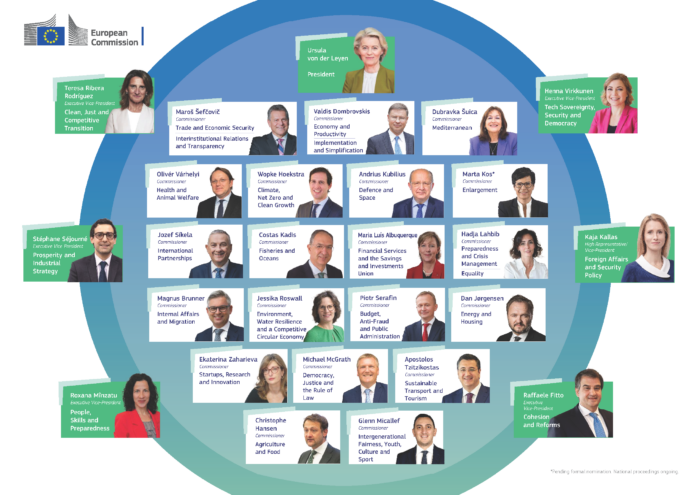Find all related publications
Publications
Find all related news
News
Find all related in the media
In the media
Italy’s scheme to offshore asylum claims should not be a model for the rest of Europe
by The Guardian 16/10/2024

